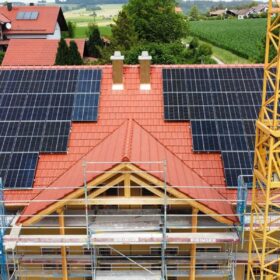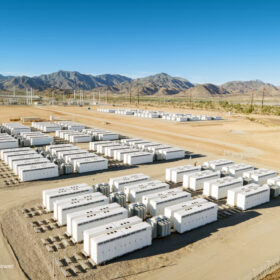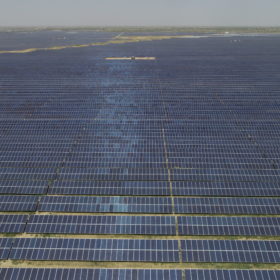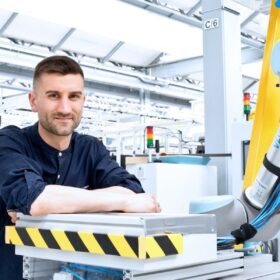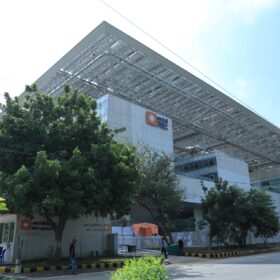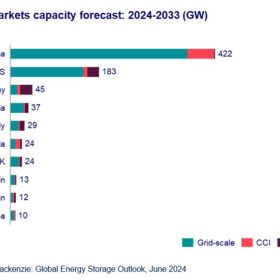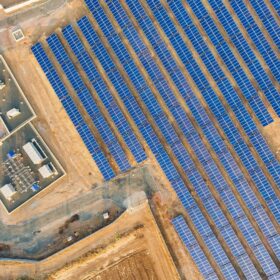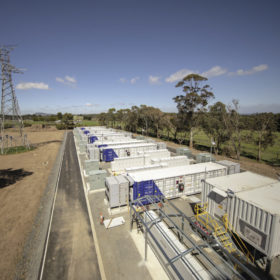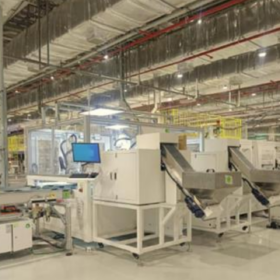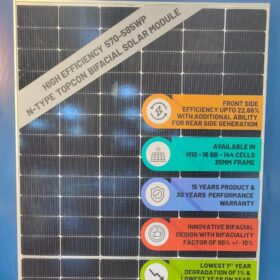Budget 2024-25: Key highlights and analysis
Employment creation and skill development have been at the core of this budget. While there is a lot of emphasis on skill development, there needs to be an emphasis on how money is allocated for skilling and reselling of people for the clean energy sector.
Germany’s solar market faces price wars, consolidation
A series of inquiries to residential PV installers has revealed a tough consolidation phase in Germany’s solar installation market. With an increasing number of installers offering solar arrays at very low prices, competition is intensifying as companies vie for fewer orders.
Tesla lands 15.3 GWh Megapack supply contract
Tesla has received a giant order from U.S. developer Intersect Power, equating to around 165% of the total battery energy storage systems it deployed in Q2 2024, which saw the highest quarterly deployment in the company’s history to date.
Union Budget 2024-25: Solar developers call for ALMM deferment, tax cuts, and more
With Union Budget to be presented next week, developers hope for reduction in GST [goods and services tax] and import duties on solar components, and deferral of the ALMM [Approved List of Models and Manufacturers] imposition until domestic supplies are sufficient.
Elastocalorics could replace heat pumps, air conditioning systems
Elastocalorics have the potential to replace current air conditioning and heating systems, offering significant energy savings when paired with technologies such as photovoltaics.
VinFast exploring Andhra Pradesh for second EV and battery plant in India
Pham Sanh Chau, CEO of VinFast India, recently met with N. Chandrababu Naidu, chief minister of Andhra Pradesh, and proposed an investment of INR 4,000 crore into setting up electric vehicle (EV) and battery manufacturing plants in the state.
REC secures JPY 31.96 billion green loan from Deutsche Bank AG
REC Ltd has secured a green loan of JPY 31.96 billion (equivalent to $200 million) from Deutsche Bank AG to finance eligible green projects in India.
Global energy storage fleet to surpass 1 TW/3 TWh by 2033, WoodMac says
According to the latest forecast from Wood Mackenzie, the global energy storage market (excluding pumped hydro) is on track to reach 159 GW/358 GWh by the of 2024 and grow by more than 600% by 2033, with nearly 1 TW of new capacity expected to come online.
Rays Power Infra forms subsidiary for gigawatt-scale solar, battery storage manufacturing
Rays Power Infra has set up a wholly-owned subsidiary for production of solar modules, solar cells, and battery energy storage systems (BESS) at gigawatt scale.
India’s installed battery storage capacity reached 219.1 MWh as of March end: Mercom
The recently released Mercom report expects India to add 1.6 GWh of standalone battery energy storage systems and 9.7 GW of renewable projects plus energy storage by 2027.

